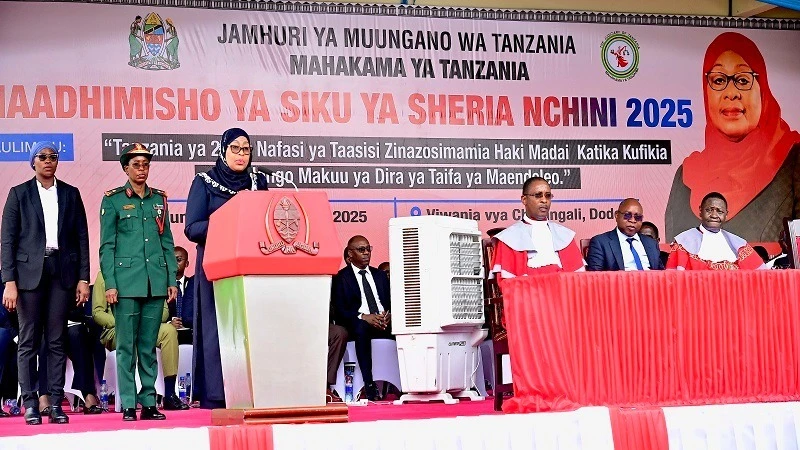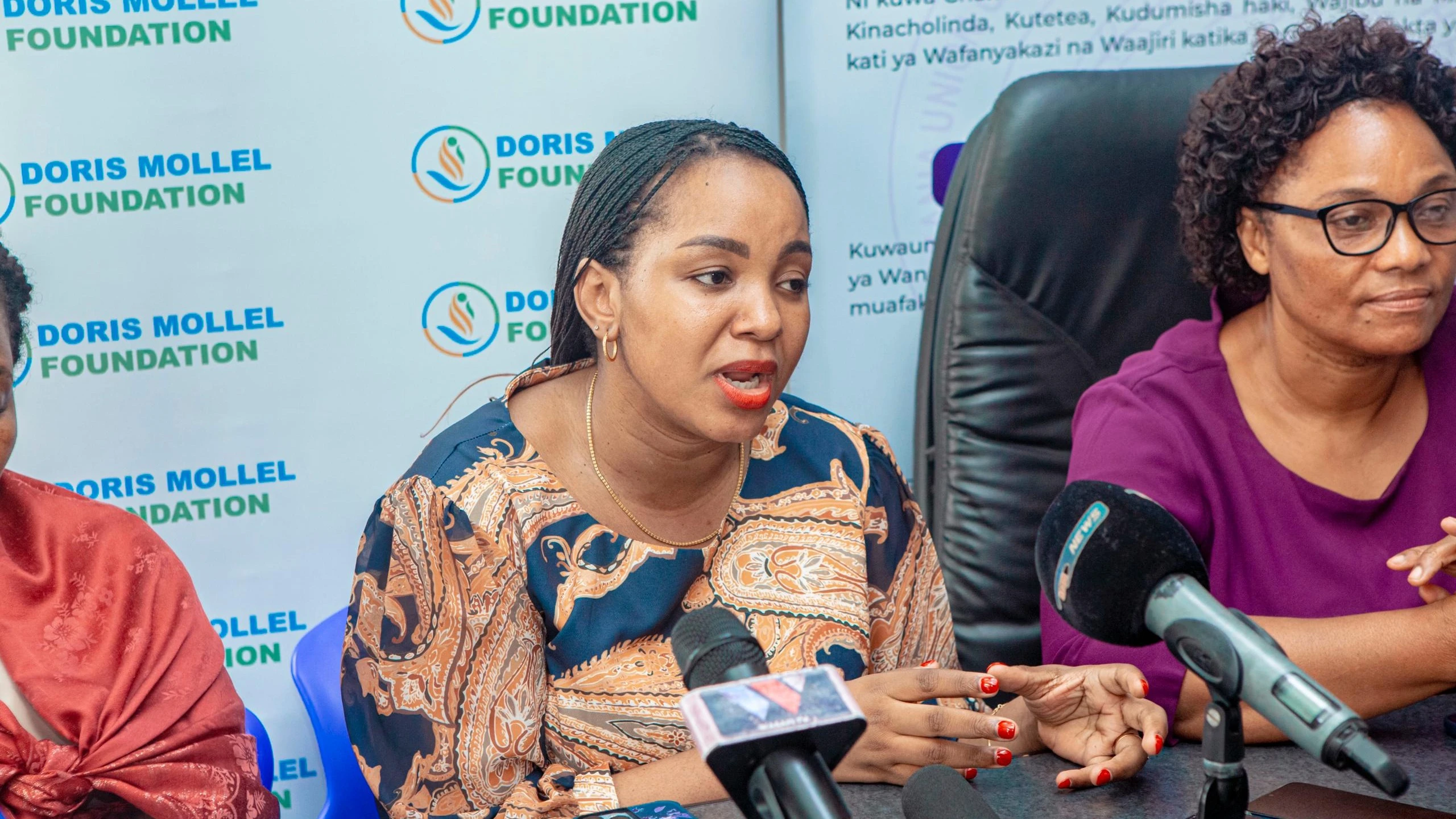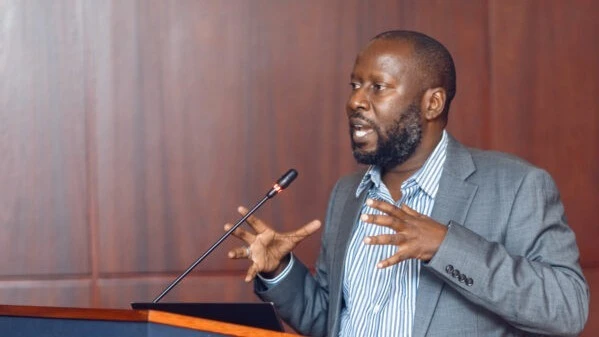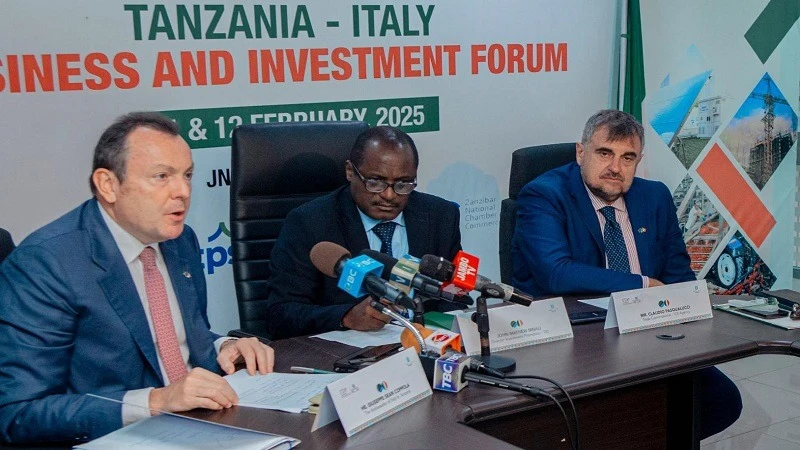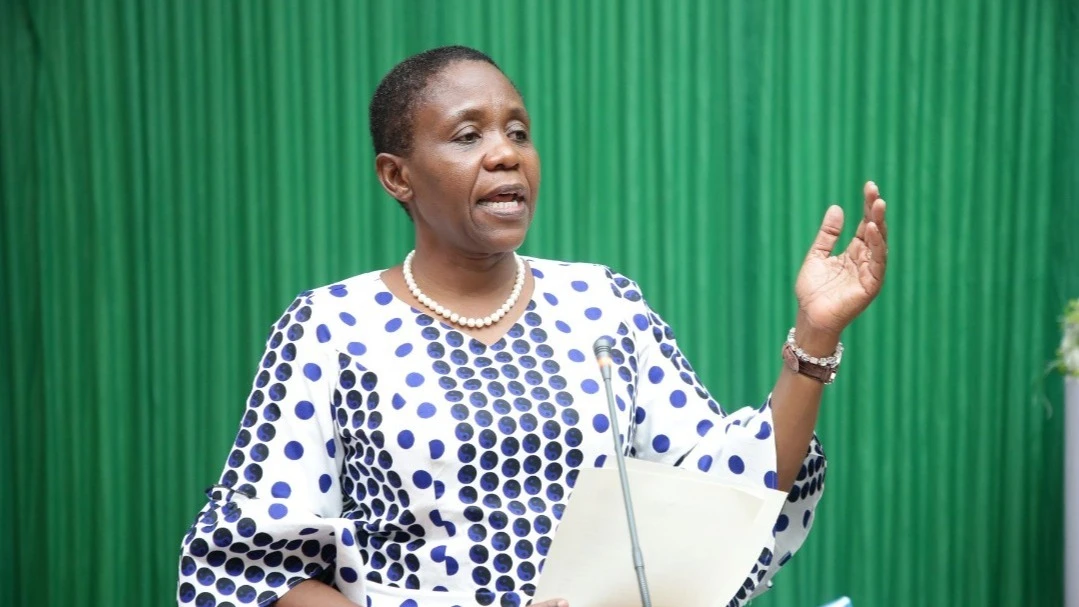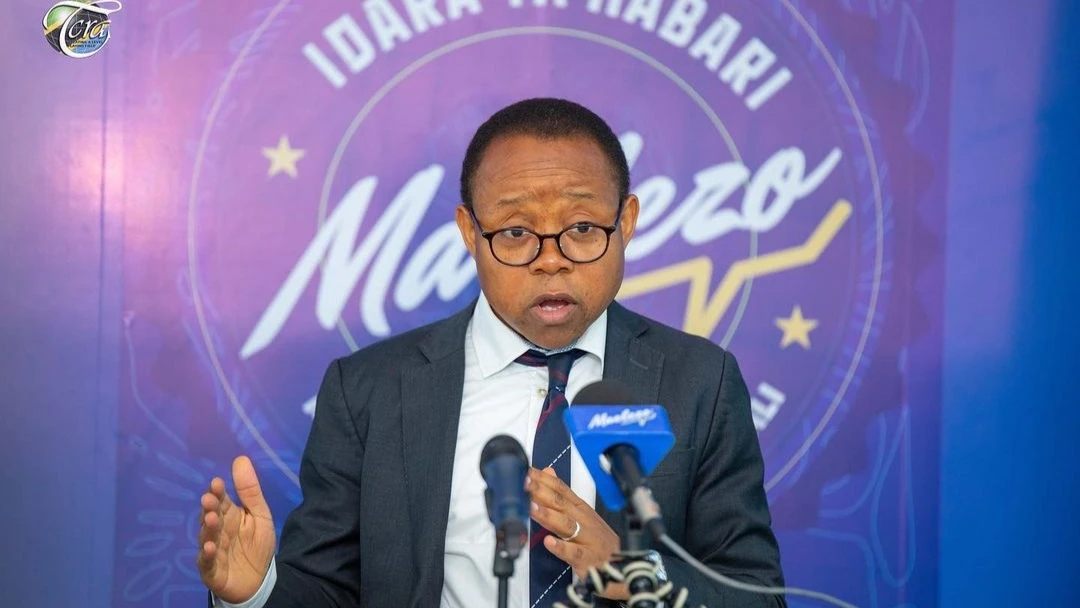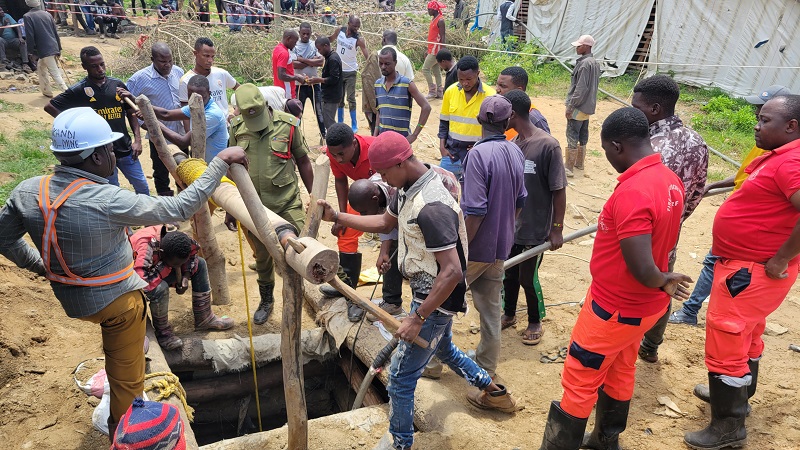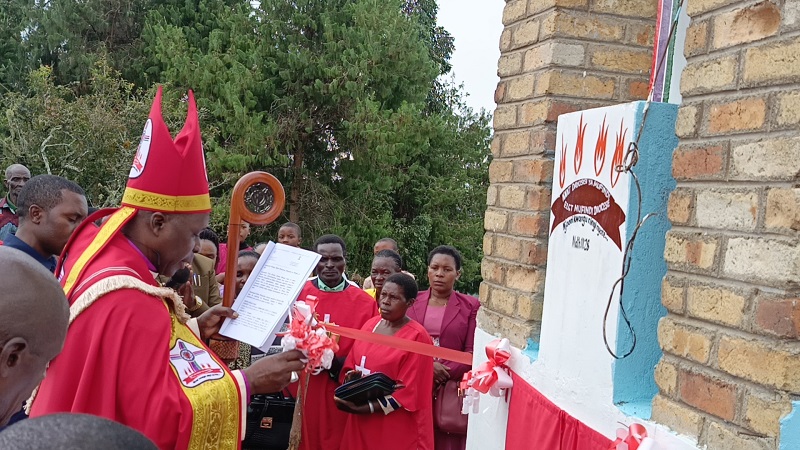UNICEF praises Tanzania’s bold steps in advancing gender equality
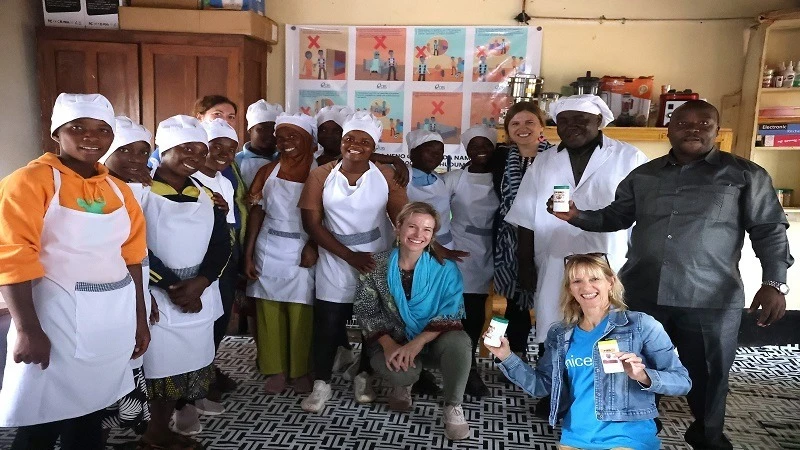
TANZANIA has gained global recognition for its progressive gender equality policies, making significant strides in empowering women and girls.
Tanzania is under the leadership of President Samia Suluhu Hassan has has sparked transformative changes, not only in Tanzania but across the East Africa region. As the first female Head of State in the region, she continues to open new doors for women and girls.
During her recent visit in Songwe Region, Dr Lauren Rumble, Associate Director for Gender Equality at the United Nations Children’s Fund (UNICEF), expressed satisfaction with Tanzania’s efforts in empowering adolescent girls. Her visit underscored the country’s leadership and its collaborative approach with local and international stakeholders.
“Tanzania is highly progressive in terms of gender equality. My first key observation is that Tanzania has made significant strides, especially now, with President Samia serving as the first female President in Tanzania and East Africa,” Dr Rumble asserted.
Empowering adolescent girls
A key focus of UNICEF work in Tanzania is the empowerment of adolescent girls. Dr Rumble praised the country’s multi-sectoral approach, which integrates education, health, child protection, and nutrition. This holistic strategy is essential in overcoming the barriers that have historically limited opportunities for girls.
“The country’s comprehensive approach to gender equality has contributed to its success in improving girls’ lives,” she noted. UNICEF has partnered with the Tanzanian government, civil society organizations (CSOs), and the private sector to create a supportive environment where girls’ needs and voices are prioritized.
The ‘back to school’ policy
One of Tanzania’s most impactful initiatives is the ‘back to school’ policy, which allows adolescent mothers to return to school after childbirth. This policy addresses educational challenges faced by girls who drop out due to pregnancy. Initially discontinued, the policy was reinstated in 2021 under President Samia’s leadership.
The revival of this policy is a major step toward gender equality, enabling girls to continue their education and reclaim their dignity. By supporting adolescent mothers, the government is not only helping them complete their schooling but also reducing the stigma associated with teenage pregnancy. This initiative has resulted in more girls returning to school, providing them with opportunities to break the cycle of poverty.
Health services and girls protection
Tanzania has also made notable progress in addressing the health needs of adolescent girls. Dr. Rumble praised the availability of adolescent-friendly health services, including HPV immunization, which protects girls against cervical cancer, a leading cause of death among women globally. These health services are part of a broader strategy to improve adolescent health through nutritional support and preventive care.
“Tanzania’s proactive approach to adolescent health ensures that girls are not only protected from cancer but also supported in their overall well-being,” she remarked.
Through collaboration with UNICEF, Tanzania has improved its healthcare system to cater to the specific needs of young women as they transition into adulthood.
Challenges
Despite the progress made, challenges remain. Teenage pregnancy and child marriage continue to be significant obstacles to gender equality in Tanzania. With a teenage pregnancy rate of 22 percent, many girls are still unable to access the education and opportunities they need to succeed. Child marriage, which often results in early school dropout and limited life prospects, remains a persistent issue.
Dr Rumble stressed that addressing these challenges requires comprehensive solutions, including improved access to education and healthcare. “Adolescent girls often lack access to the full range of services they need,” she said. Closing these gaps will be critical to achieving Tanzania’s gender equality goals.
UNICEF is working closely with local governments and NGOs to promote policies that protect girls and dismantle harmful social norms. These efforts aim to create an enabling environment where girls can thrive and reach their full potential.
A call for more female leadership
Dr Rumble also reflected on progress made since the 1995 Beijing Conference, which placed the girl child at the center of international development efforts. She noted that President Samia’s election represents a milestone in the journey toward greater female leadership in East Africa.
“We need more women in leadership positions. One female president is not enough. We need more leaders like Mama Samia,” she emphasized, highlighting the growing recognition that female leadership is crucial in shaping a more equitable future for all.
She called for increased investment in the empowerment of girls, particularly in economic development, financial literacy and peace building. She is optimistic that Tanzania’s National Development Vision 2050 will include policies that ensure girls have access to the tools and opportunities necessary to contribute to the country’s growth and prosperity.
Gertrude Mongella’s legacy at the Beijing Conference
Tanzania’s progress in gender equality is also rooted in the legacy of influential figures like Gertrude Mongella. As Secretary of the 1995 Beijing Conference, Mongella played a crucial role in advocating for the education and empowerment of girls. Her tireless efforts helped integrate the girl child agenda into national development frameworks, including those in Tanzania.
Mongella’s vision extended beyond education—she aimed to create a world where girls could make independent choices about their futures. Her legacy continues to inspire policies in Tanzania, ensuring that girls receive the support and opportunities they need to succeed.
Tanzania’s progress in gender equality provides a model for other nations. Through visionary leadership, policy reforms, and collaboration between the public and private sectors, the country is paving the way for a brighter future for its girls and women.
However, challenges persist, and achieving full gender equality will require sustained effort. With President Samia’s leadership and the support of local and international partners, Tanzania is well on its way to creating a society where every girl has the opportunity to reach her full potential.
By maintaining momentum and addressing existing challenges, Tanzania not only improves the lives of its girls but also sets a powerful example for the world to follow.
Top Headlines
© 2025 IPPMEDIA.COM. ALL RIGHTS RESERVED













